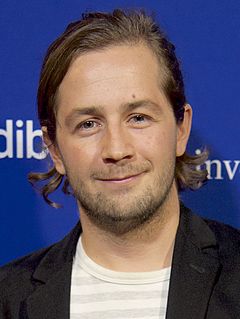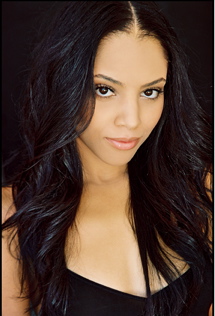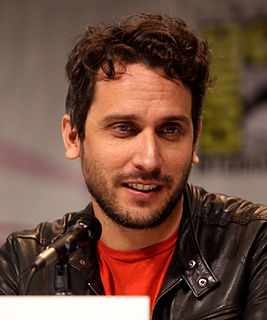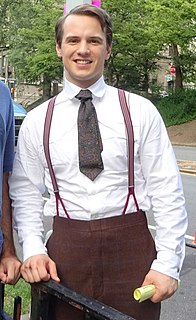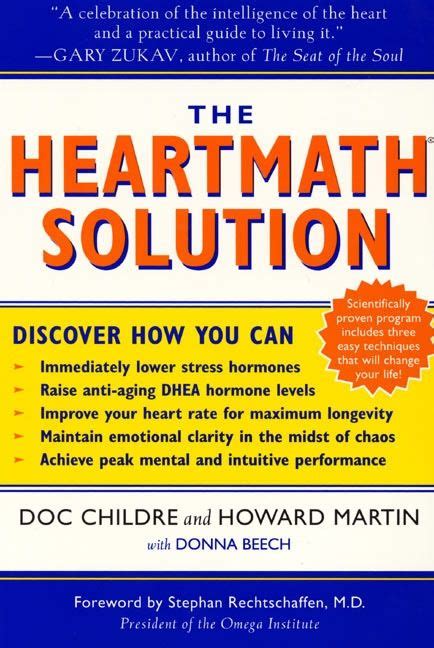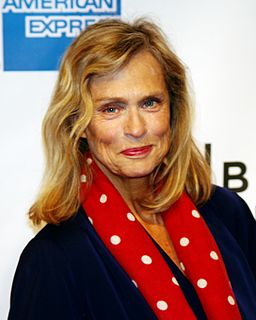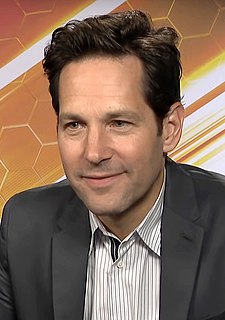A Quote by Anubhav Sinha
A movie moment in a theatre would never be comparable to the same movie moment elsewhere no matter how cheap the big TV becomes.
Related Quotes
A good horror movie - it doesn't matter how many comedy horror films there have been before. Doesn't matter how much you think it's going to be funny. A good horror movie will scare the hell out of you... the moment you sit down and you start being exposed to that story, it's going to freeze your blood.
We didn't want to do that. It would have been a beautiful moment in the movie but it would have brought the movie down. So Danny's vision was perfect I think when he wanted it to be driven at the same time having this new emotion about this boy coming as a hallucination or like a déjà vu and as the future kid.
I mean there’s a certain finality about a movie, when it’s done it’s done – that raised eyebrow in that moment will always be that raised eyebrow. Whereas a play only lives as a blueprint for a performance on any given night. There’s a reason you can eat popcorn and watch a movie and you can’t do that in the theatre. Theatre you have to lean in, you have to tune your ear to the stage and participateI respond to heat. And blood. And humanity. The cold experience is not for me. I’ve always enjoyed all the real people in a room together in the theatre.
It [TV] is the cancer of film. It's why people can't be educated to film. In the late '60s, we expected to see a movie or two every week and be stimulated, excited and inspired. And we did. Every week after week. Antonioni, Goddard, Truffaut - this endless list of people. And then comes television and home video. I know how to work exactly for the big screen, but it doesn't matter what I think about the art of movie-making versus TV.
You live and die two or three times making a movie. First, you write it, and the first pivotal moment comes when you can get it made. The second is in the process of making it, when the movie reveals itself to you, its flaws and its virtues. Then the most unnerving moment is when that movie is then launched into the world. It’s like bringing your kid to the first day at school and somebody points out that it has bowlegs, it is cross-eyed, or it’s gorgeous. You feel very exposed.
TV acting is so extremely intimate, because of the peculiar involvement of the viewer with the completion or "closing" of the TV image, that the actor must achieve a great degree of spontaneous casualness that would be irrelevant in movie and lost on the stage. For the audience participates in the inner life of the TV actor as fully as in the outer life of the movie star. Technically, TV tends to be a close-up medium. The close-up that in the movie is used for shock is, on TV, a quite casual thing.
The way you write dialogue is the same whether you're writing for movies or TV or games. We use movie scriptwriting software to write the screenplays for our games, but naturally we have things in the script that you would never have in a movie script -- different branches and optional dialogue, for example. But still, when it comes to storytelling and dialogue, they are very much the same.


